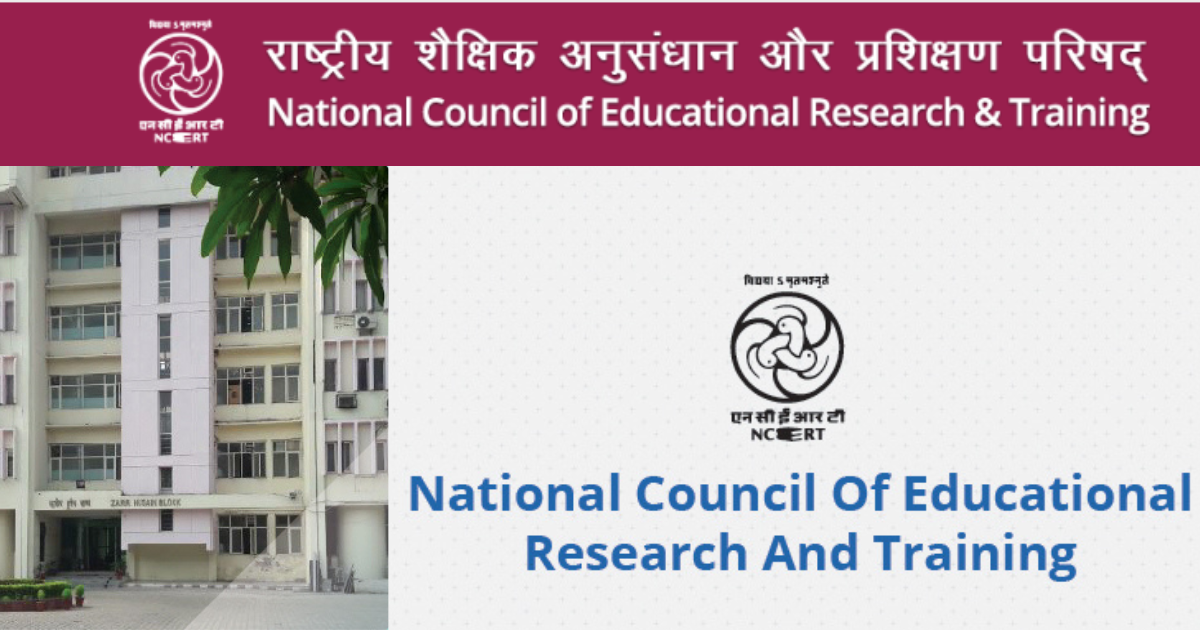Focus of the new format
The HPC is focused on the holistic development of school students rather than simply focusing on academic performance.The new assessment format will measure progress in interpersonal relationships, self-reflection, creativity, communication skills and emotional intelligence in classrooms.
HPC is designed to understand the progression in the learning of every child sitting in a classroom. Professor Indrani Bhaduri, CEO PARAKH and head, Educational Survey Division, NCERT says, “The HPC is basically for the formative assessment of school students, the aim is to align the school education along with the government’s idea of Viksit Bharat and Skilled Bharat. To nurture both, there is a requirement to upgrade the existing teaching, and assessing methods. For instance; a child needs to develop a skill of understanding while reading a text. Through HPC, teachers will be equipped to examine if the child at the foundation stage (class I-II) and preparatory stage (class III-V) can develop the required competencies.”
HPC assessment training
The HPC facilitates a paradigm shift in teacher training and asynchronous professional development. Teachers, armed with insights from the HPC, are equipped to rationalise their instructional approaches, identify challenges faced by learners on various fronts, and come up with innovative solutions that can resonate with the dynamic needs of the educational landscape.
The training of teachers will incorporate preparation of questions, activities and tasks based on the competencies required. “The process of training the school teachers in all districts and states is underway, the teachers are supported by a sample of HPC that has been prepared by the NCERT, which is conducting deliberations with the state functionaries such as SCERTs, Samagra Shiksha and other state boards. The NCERT this year, will initiate the same training sessions for the school teachers at more than 7,000 blocks in the country,” says Professor Bhaduri.
Teachers are also trained to differentiate between the students according to their performance at the tasks and help the students in improving them. The HPC recommends three performance level descriptors for the abilities and those are Stream (basic) Mountain (proficient) and Sky (advanced), she adds.
A distinctive feature of the HPC is a variety of pedagogical tools to ensure each activity imparts practical and functional takeaways. “There have been some WhatsApp groups and social media pages have been formed where teachers can interact with each other to ask questions, clear doubts or to take ideas from one another. Further, the HPC allows students to inculcate accountability and peer assessment starting from the foundation stage, which did not exist so far in our education system,” says Professor Bhaduri.
Contextualisation and translation
The NCERT has asked the SCERTs to contextualise the pedagogy according to the culture, environment and language around them. Professor Bhaduri says, “To make the HPC more relevant and relatable for the students, it has been instructed to the states to shape the pedagogy and examples as per the states’ culture and language. This will prevent the pedagogy from being too centre-centric and will help students in relating with the examples and hence will bring clarity in the concepts.” The HPC also aims to build a relationship of trust between parents and schools by involving them in their child’s performance in school.
Secondary stage (class IX-XII)
The NCERT is working on developing an HPC for higher classes. Professor Bhaduri says, “Other than the three stages, we are working on linking the HPC with the state board exams under the internal marks that are sent to the board for results. However, the pedagogy for the higher classes is a bit complex as compared to others and that is the reason NCERT is taking its course of research in drafting the HPC.” Keeping in view the overburdening of the school teachers, NCERT has asked schools to follow the HPC once every year and it is up to schools if they want to follow it twice.


